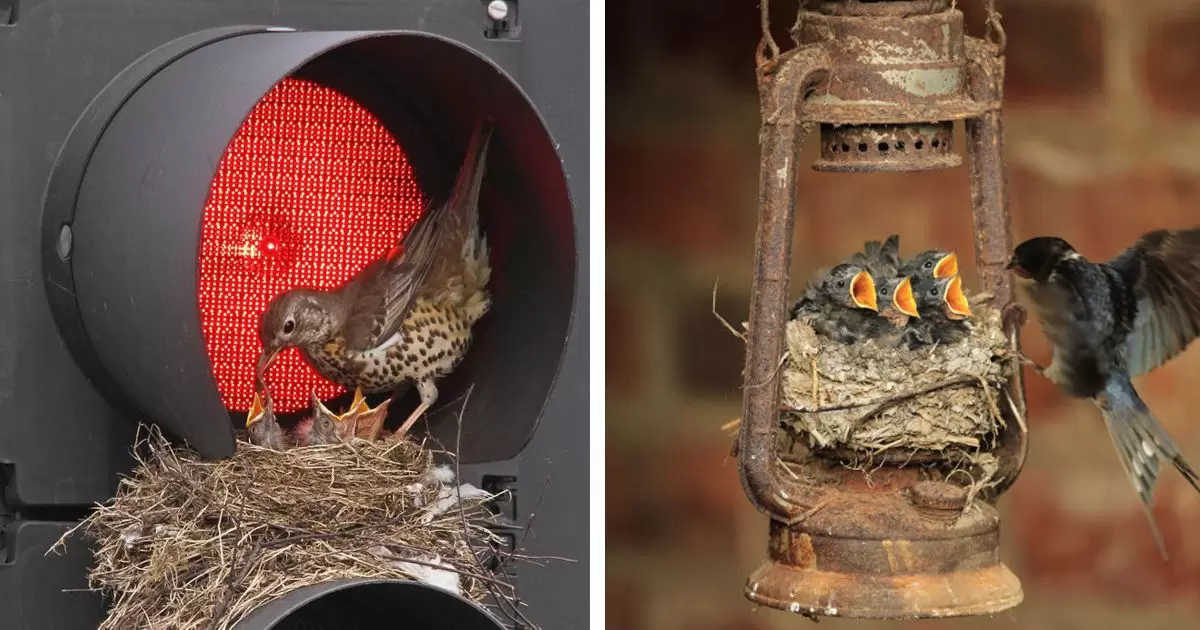Discovering birds in your attic can be a vexing problem for homeowners. These feathered intruders not only create a racket but can also cause significant damage to your property. This guide will walk you through the process of identifying bird problems, removing them safely, and preventing future invasions. We’ll also delve into related topics like bird care and ethical considerations.
What Bird Problems Are Caused by the Birds?
Birds nesting in your attic can lead to a host of issues:
- Noise pollution: Constant chirping, especially during early morning hours, can disrupt your sleep and peace.
- Property damage: Birds can peck at wood, insulation, and wiring, leading to costly repairs.
- Health hazards: Bird droppings can carry diseases harmful to humans.
- Fire risk: Nesting materials near electrical wiring can pose a fire hazard.
- Insulation damage: Birds can destroy or displace insulation, affecting your home’s energy efficiency.
Prevention is better than cure. Regular attic inspections can help you spot bird problems before they escalate.” – John Smith, Pest Control Expert
4 Steps How To Get Rid Of Birds In Attic
Follow these steps to safely remove birds from your attic:
- Identify entry points: Thoroughly inspect your attic and roof for holes or gaps where birds might be entering.
- Install one-way exclusion devices: These allow birds to exit but prevent re-entry.
- Remove nests and clean: Once birds have left, remove nests and sanitise the area.
- Seal entry points: Use durable materials like metal flashing or wire mesh to close off access points.
Pro tip: Always wear protective gear, including a mask and gloves, when dealing with bird nests and droppings.
How Much Removal Bird Costs
The cost of bird removal can vary widely based on several factors:
| Factor | Cost Range (£) |
| Size of infestation | 100 – 500 |
| Type of bird | 150 – 300 |
| Accessibility of attic | 50 – 200 |
| Extent of damage | 200 – 1000+ |
| Professional vs DIY | 300 – 1000 (Professional) |
Note: These are approximate costs and may vary based on your location and specific circumstances.
What Else You Should Know About Birds In The Attic
Birds in the attic aren’t just a nuisance; they’re protected by law in many areas. The Wildlife and Countryside Act 1981 in the UK makes it illegal to intentionally kill, injure or take any wild bird, or to take, damage or destroy their nests when in use or being built. Always consult with local wildlife authorities before taking action.
How do I make birds go away?
To discourage birds from your property:
- Install visual deterrents like reflective tape or predator decoys
- Use sound deterrents that mimic predator calls
- Remove food sources and nesting materials from your property
- Consider installing bird spikes on ledges and rooflines
How to clean bird poop in the attic?
Cleaning bird droppings requires caution:
- Wear protective gear (mask, gloves, goggles)
- Dampen the droppings to prevent airborne particles
- Use a disinfectant designed for bird waste
- Dispose of waste in sealed bags
- Thoroughly ventilate the area after cleaning
How do you get birds out of your cage?
If you’re looking to release a caged bird:
- Open the cage door in a safe, enclosed space
- Be patient and allow the bird to exit on its own
- Offer food outside the cage to entice it out
- Never force the bird out
Can birds get stuck in the loft?
Yes, birds can become trapped in lofts or attics. They may enter through small openings but struggle to find their way out. This is why it’s crucial to install one-way exclusion devices when removing birds from your attic.
How do you help a bird escape?
To help a trapped bird escape:
- Open windows and doors to provide exit routes
- Turn off lights to encourage the bird towards natural light
- Remove obstacles in its path
- If necessary, gently guide it with a towel or broom
Is it cruel to leave a bird in a cage?
The ethics of keeping birds in cages is a complex topic. While some argue it’s cruel, others believe that with proper care, caged birds can live happy lives. Factors to consider include:
- Cage size and enrichment
- Social interaction
- Diet and healthcare
- Species-specific needs
Case Study: The African Grey Parrot African Grey Parrots are highly intelligent birds often kept as pets. Research has shown they can develop vocabulary of up to 1,000 words and can suffer from depression if not properly stimulated in captivity. This highlights the importance of providing adequate mental and physical stimulation for caged birds.
FAQs
Do birds get depressed in cages?
Yes, birds can experience depression-like symptoms in cages, especially if their environment lacks stimulation or social interaction.
Can we keep birds in a cage in Islam?
Islamic teachings generally permit keeping birds in cages, provided they’re well-cared for, but some scholars argue against unnecessary confinement.
How to save caged birds?
To improve caged birds’ lives, provide a spacious cage with various perches, offer a nutritious diet, include toys for mental stimulation, allow supervised out-of-cage time, and ensure regular vet check-ups.
Conclusion
Tackling birds in your attic requires a thoughtful approach that balances property protection with animal welfare. By following the steps outlined in this guide, you’ll be well-equipped to handle bird invasions effectively and humanely. Remember, prevention is key – regular maintenance can keep your attic bird-free.
Whether you’re dealing with wild birds or considering avian pets, it’s crucial to approach the situation with knowledge and compassion. By understanding and respecting birds’ needs, we can create a harmonious coexistence with our feathered neighbours.
